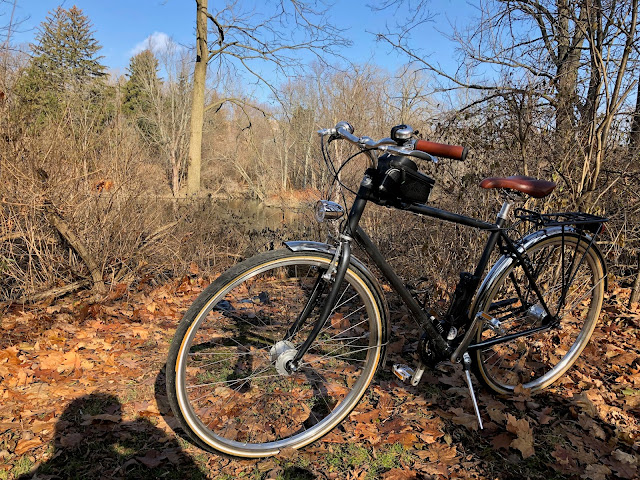
For Veterans Day this year, I wanted to interview an author who served this country. Please welcome Ryan Griffin, a science fiction writer and former Marine. I met Ryan at my new job, and when I found out he was both a writer and a Vet, I knew he would be a perfect choice to interview for this year's Veterans Day blog.
Tell me about your title and your time in service.
I served in the Marine Corps in the mid 2000s as a Motor T operator for 6 years. During that enlistment, I spent time in South Carolina, Missouri, Pennsylvania, Arizona, California, Kuwait, Iraq, Peru, and Honduras. It was a challenging yet revelatory experience.
Has your time in the service affected your writing style?
Not
directly, as I didn't write very much before or during my time of
service, but I always enjoyed writing and began to take it more
seriously after being discharged. My experiences led to me having a more
worldly view of other cultures, inside knowledge of military
operations, as well as a great love and appreciation for my brothers and
sisters-in-arms.
Do you use any of your military experiences as material?
My
preferred genre of fiction is sci-fi or philosophical thriller however
the next book I am working on is called "The Everyday Tactician" in
which serving in the military greatly influenced my views and knowledge
on alertness, readiness, de-escalation, as well as weapons safety &
operation; all things I talk about in the book. It's a guide on how the
average citizen can maximize their safety in everyday situations, on the
road, at work, in public places etc. as well as focusing on gun safety
and applicable laws.
Tell me about your books. What made you decide on the subject/genre?
My
first book, "Autumn Shadows", is basically a love letter to Edgar Allan
Poe. I've always had an affinity for dark stuff and most of what I
wrote in my 20s ended up being dark poetry. In 2015, I decided to
compile it into a book and self-publish. After many years of learning
all the intricate processes of self-publishing, in 2016, I released "How
to Publish for Next to Nothing", a beginner's guide for the aspiring
author.
How has writing been an outlet for you?
Writing
is one of the many mediums I rely upon for escapism. It can create
whole worlds or other dimensions apart from ours. In my mid thirties, I
began to realize I have a lot to say about the world, politics,
philosophy, writing, and other topics. I regularly compile all of my
ideas down so that I can create different content down the road. The
world is waiting for what each of us has to offer it. We shouldn't deny
it our voices.
What does Veterans Day mean to you?
A time to reflect on my service and those who came before me.
Does being a Vet yourself make writing easier/harder?
Probably easier because I've experienced more things in life because of it and can call upon those experiences as needed.
What do you think this country can do to take better care of our Vets?
Stop
creating more disabled veterans by getting involved in endless
operations and occupations that take us 20 years to get out of.
Do you like it when people thank you for your service, or does it make you uncomfortable?
Neither,
I just say "happy to have served" and move on, I have mixed feelings on
my service because I've been against most of the foreign wars going on
since 2012, including the war in Iraq and Afghanistan.
Are you working on any writing projects now?
So
many. My creative projects are endless. Right now I'm learning a lot
about table-top game design because I have lots of ideas for games I'd
like to create but "The Everyday Tactician" will most likely be the next
book I publish, it's coming along very fast.
What advice can you give Veterans who want to become writers?
Do
it. Follow whatever passions you have, they're why we're alive. Learn
as much as you can about whatever craft you take up, cast a wide net,
digest as much skill and information as you can, toss out what isn't
helpful, and hone your craft. I read blogs about writing, receive daily
emails, listen to audiobooks, read physical books, follow other writers
and entrepreneurs on social media, and jot down every idea I have so I
can flesh it out and expand on it later.
Where can our readers follow your projects?
Anyone interested in following my projects can find me on twitter: @Griffincyde.







